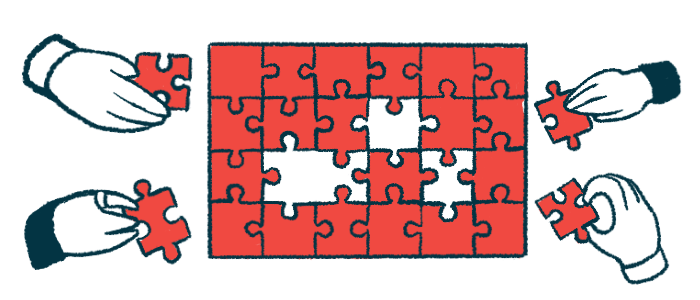New Community-driven Model Aims to Improve Alzheimer’s Screening
Written by |

An innovative new project in Toronto will combine optometry and community-based cognitive testing to improve Alzheimer’s screening and enable the early detection of the progressive neurodegenerative disorder.
The project — launching in Ontario, Canada — will be led by the medical imaging company RetiSpec and the community-based medical center Toronto Memory Program. These collaborators are among a dozen recipients of the inaugural awards of the Global Davos Alzheimer’s Collaborative (DAC) Grant Program for Healthcare System Preparedness project.
It seeks to advance how healthcare systems globally detect, diagnose, treat, and care for Alzheimer’s patients and those at risk.
Together, RetiSpec and the Toronto Memory Program will put in place a community-driven screening model designed to improve rates of cognitive testing and biological marker assessment for individuals ages 65 and older at risk of Alzheimer’s. This will involve optometry clinics, where participants can receive a retinal scan for early detection of Alzheimer’s, and the Alzheimer Society of Toronto, at which cognitive assessments will take place.
“This grant gives us an important opportunity to leverage novel technology and novel points of access for early detection of Alzheimer’s disease, a disease that is currently fraught with underdiagnosis, late diagnosis, and misdiagnosis,” Sharon Cohen, MD, a neurologist and medical director of the Toronto Memory Program, as well as the project’s principal investigator, said in a press release.
No single test currently can confirm an Alzheimer’s diagnosis. Clinicians must rely on medical histories and current symptoms, in addition to lab tests and brain imaging, to rule out other possible conditions and for diagnosis confirmation.
Alzheimer’s is characterized by the clumping of amyloid-beta protein fragments that ultimately leads to nerve cell death. Evidence has shown that plaques of amyloid-beta are present not only in the brain, but also in the retina.
Through the project, RetiSpec, in collaboration with the Toronto Memory Program and the Alzheimer Societies of Ontario and Toronto, in addition to other local partners, will implement what is touted as the world’s first screening model to leverage a partnership between optometry and a local Alzheimer Society member to identify at-risk individuals.
During the taking of patient histories, optometrists in community settings will invite patients who complain of memory issues to receive a RetiSpec retinal scan to detect early signs of Alzheimer’s. Such patients also will be referred to the Alzheimer Society of Toronto for cognitive testing.
Test results will go to each patient’s primary care provider. Patients who have no family physician will be referred to the Toronto Memory Program for further diagnosis and care. With the aim of improving overall care access, the program will assess the risks, benefits, facilitators, and barriers these community-based settings experience.
“This is the world’s first study enabling eye clinics to participate in Alzheimer’s screening as well as to share biomarker results with a qualified clinician,” Cohen said.
“There is an urgent need to improve the detection of Alzheimer’s disease without overburdening our already stretched family practitioners and dementia specialists,” Cohen said. “With low barrier community points of access, which have previously been untapped, we have a chance to augment our dementia workforce and improve dementia detection in a more timely, efficient, and cost-effective manner.”
Eliav Shaked, Retispec co-founder and CEO, said the company’s technology can be used “to rapidly and noninvasively screen people during their routine eye exams, offering an easy, accessible, and scalable alternative to current methods of Alzheimer’s disease detection.”
“We have successfully integrated our solution into neurology and research settings as part of our clinical validation,” Shaked said, adding, “We are building on this traction and expanding to eye care settings, which offer a unique venue to maximize access to screening.”
The hope is that the project will be scaled across Canada and ultimately globally to fortify and better prepare healthcare systems. Project best practices will be shared through DAC Learning Labs and in other forums.
“We are excited to see how Toronto Memory Program and RetiSpec can be part of our efforts to create new pathways to early detection and look forward to helping to link and scale their success to our partners around the world,” said George Vradenburg, founding board chairman, Davos Alzheimer’s Collaborative.
In 2020, RetiSpec and Gentex announced a partnership that leverages RetiSpec’s proprietary imaging technology to potentially detect Alzheimer’s years before symptoms begin.






